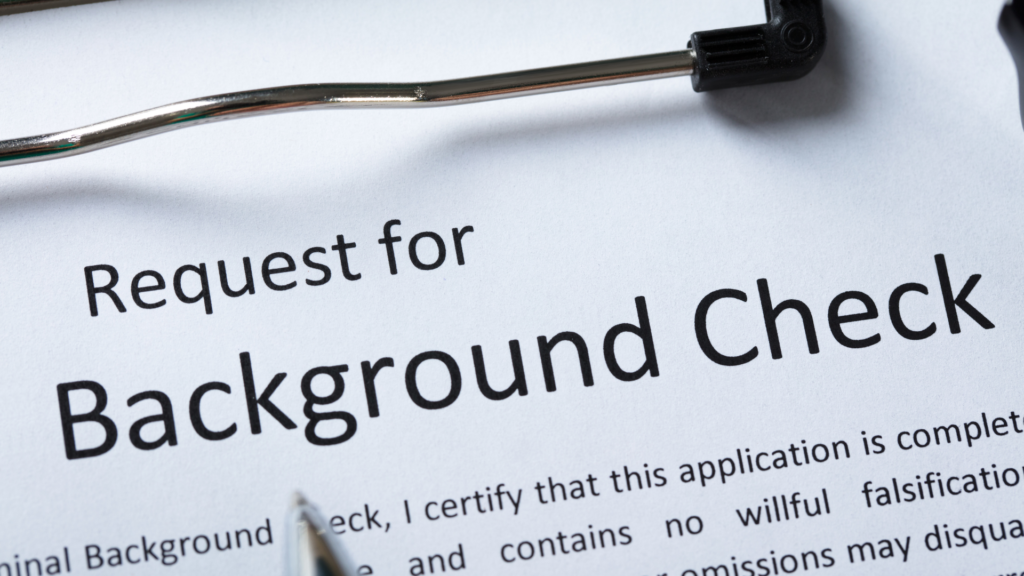Background checks are a standard part of the hiring process, but what happens when someone fails? Employers are required to notify candidates about background screenings and how they will be conducted. If an applicant fails their background check, employers should handle this conversation with tact and care.
This article discusses the legal requirements for disclosing pre-employment screening results to applicants and best practices for sensitively handling these conversations. It also includes some helpful tips on how to prepare your company’s HR department for conducting background checks so that you can avoid any surprises or lawsuits down the line.
What Employers Are Required To Disclose
Title VII of the Civil Rights Act requires employers to give both applicants and employees notice that they will conduct a background check. Employers must give applicants notice before conducting background checks and receive legally compliant consent forms from them. If an employer conducts an applicant background check without providing proper information and documentation, they will not be considered legally valid.
The Fair Credit Reporting Act is a federal law that requires employers to obtain an applicant’s consent prior to running their background check and give them notice about what types of information the company plans on looking for and where these records are coming from.
The Equal Employment Opportunity Commission (EEOC) advises employers, in most situations, not to use criminal and credit histories to determine whether a person is qualified for specific jobs. For example, an employer cannot reject an applicant who has a conviction if it’s not relevant to the position for which they have applied. However, that doesn’t mean that background checks don’t come into play. Employers can determine whether a candidate is qualified based on their credit report and financial history, even if these things aren’t specifically relevant to the job description.
What to do if an Applicant Fails A Background Check
When it comes to pre-employment screening, employers must notify applicants, including explaining their background check results. If someone fails a background check, it’s important to be tactful when delivering the news and offer the candidate an opportunity to give their side of the story to provide any mitigating circumstances that could explain why they failed. If someone has a criminal conviction or bad credit history, employers can’t deny them employment based on that alone. Applicants also have an opportunity to explain situations and provide further information about their background to mitigate the results of a background check.
How To Prepare Your Company’s HR Department For Background Checks
Because every state has its own laws regarding what employers can and can’t do when conducting background checks, it’s essential for human resources to be well informed about the laws that are specific to their state. This includes knowing which types of background checks can and can’t be done and if a company is even allowed to conduct one on an applicant or current employee.
While your HR department needs to understand what they’re required to do, you should also prepare them for the possibility that a candidate might not want a background check performed. If you have an employee or applicant who is uncomfortable with their employment history being researched, be upfront and let them know what types of records are included in these screenings so they can make an informed decision about whether they’re comfortable undergoing this type of process.
Preparing your company’s HR department for conducting background checks helps to ensure that you are compliant with any state-specific laws and reduces the chance of lawsuits down the line. This is especially important if someone fails a background check because it will be your responsibility as their employer to explain how this information has affected their employment status.

